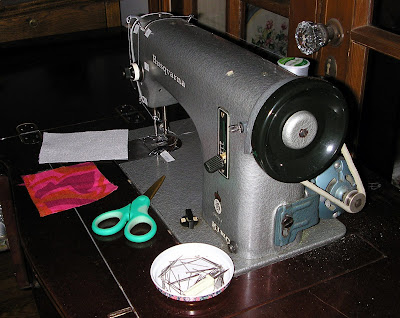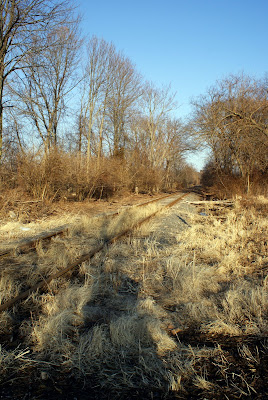 I did enjoy this book and would call it a good read. My friend C. loaned it to me and I have been rather remiss in getting stuck in to reading it. I went through rather a dry spell on the reading front, I wanted to read a book, but just could not get settled down to do so. C. said you should like this, as I'm interested in history and books set around the period of the two world wars, which wreaked such havoc on people, changed empires and the course of where and how we live today.
I did enjoy this book and would call it a good read. My friend C. loaned it to me and I have been rather remiss in getting stuck in to reading it. I went through rather a dry spell on the reading front, I wanted to read a book, but just could not get settled down to do so. C. said you should like this, as I'm interested in history and books set around the period of the two world wars, which wreaked such havoc on people, changed empires and the course of where and how we live today.The Zookeepers Wife is set in Warsaw, Poland. Jan and Antonina Zabinski were Polish christian zookeepers. Horrified at the Nazi atrocities, they were able to save over 300 people. Hiding them in their house and in the empty cages of the zoo.
What I found so upsetting was the empty cages of the zoo. We think of people dying in war but so many animals are killed too. Plus war with many people who perpetrate it, brings out the worst in people. Not only were many animals at the zoo killed during the initial bombings of Warsaw, but on new years day many drunken SS men came in and shot the animals in their cages for sport, a despicable act. Many animals escaped from there gashed cages and just wandered down the cobbled streets. camels and llamas, ostriches, foxes and wolves, seen from apartment windows just walking though the city.
The Nazi party also had a programme of eugenics for animals. The keepers of the Berlin Zoo, father Heck and his two sons Heinz and Lutz, known to Jan and Antonina in zookeeper circles. Had this idea of the resurrection of three pure blooded extinct species - the Neolithic horses known as forest tarpans, aurochsen (the wild progenitor of all European cattle breeds), and the European or "forest" bison. Lutz's thinking was: an animal inherits 50% of its' genes from each parent, and even an extinct animals genes remain in the living gene pool, so if he concentrated the genes by breeding together animals that most resembled an extinct one, in time he would arrive at their purebred ancestor. The war gave him the excuse to loot east European zoos and wilds for the best specimens. Their thinking on this matter went along with the ideologies of the Nazi party.
So here I thought the book would be about keeping the animals alive during the war, but unfortunately there were hardly a handful of animals left at the zoo to keep alive. Antonina kept a diary and there are many quotes right from her diary as to how she felt about things. What day to day life was like for them. All the personalities of the people they sheltered, along with the animals that were part of her household. Her husband's involvement in the resistance and getting Jewish people out of the Warsaw ghetto. So a view of Warsaw under occupation and a snapshot into wartime history.
I enjoyed reading this book and if it is the genera of book you enjoy, you will too.
Christy










































